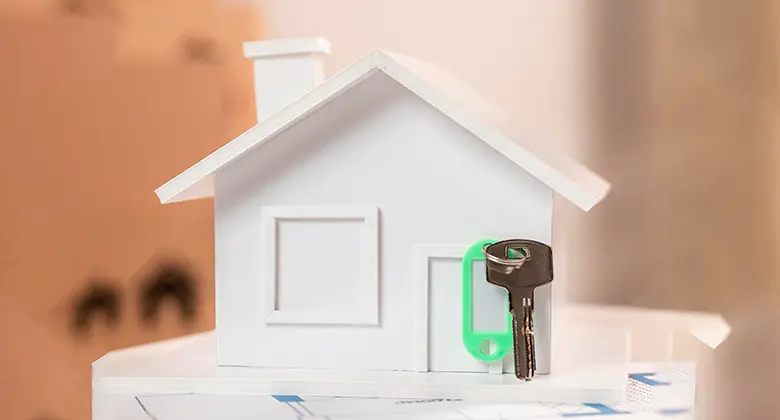So, you secured a flat, passed referencing, paid rent and deposit, got keys and moved in. But how do you know if your flat is safe? There are certain safety and performance checks the landlords (or letting agents in case of fully managed properties) should carry out on a regular basis in Scotland. You should receive these certificates together with your tenant pack at the latest, before you sign the lease.
Safety certificates from your landlord or a letting agent
- EPC: Energy Performance Certificate. It tells you roughly how much you will be spending on gas and electricity every year, assuming that your usage is average. There are 7 energy bands: A is the best; G is the worst. The most common band is D; most new builds are either B or C. From the 1st April 2020 the minimum band at a change of tenancy will be E, so F and G properties will need to be upgraded. EPC certificate is valid for 10 years.
- EICR: Electric Installation Condition Report. Wiring, sockets and fuse boards must be checked and tested by qualified electricians at least every 5 years. In case of older installation, electricians may require further testing after 1 or 3 years. Generally, EICRs are valid for 5 years and you should look for words ‘Satisfactory’ or ‘Unsatisfactory’ on the first page.
- PAT: Portable Appliance Test. All electrical appliances provided by the landlord or your letting agent should be tested on a regular basis, at least every five years. While bigger appliances will most likely not deteriorate within 5 years, smaller items (kettle, toasters) rarely ‘survive’ 2 years, so good practise is to test all portable appliances every year. PAT should be carried out by a competent person – usually it means an electrician.
- Gas Safe: Perhaps the most important safety test. All gas appliances should be checked annually by a registered gas engineer, qualified to work on boilers, hobs and fireplaces. Landlord gas safety certificate is valid for 1 year.
- LRA: Legionella Risk Assessment. Legionnaires Disease bacteria grow in water of ambient temperature, between 20 and 50C, so your landlord or a letting agent should make sure the cold-water temperature is below 20C, and hot water temperature exceeds 50 degrees Celsius. In you have a water tank with a lid at home, your LRA assessor should check whether there is no organic film or other debris in the tank. The tank should ideally be insulated.
Lettings certificates at a glance
| Certificate | Usually valid for |
| EPC: Energy Performance Certificate | 10 years |
| EICR: Electrical Installation Condition Report | 5 years |
| PAT: Portable Appliance Test | 1 year |
| Gas safe certificate | 1 year |
| LRA: Legionella Risk Assessment | 1 year |
Alarms and detectors
Your landlord or their letting agent should also provide adequate fire, smoke and CO alarms, but in most cases they will not be required to provide a certificate.
- Heat and smoke alarms: most tenants will not receive annual heat and smoke alarms certificates, which are required in HMO properties. All rental properties, though, should come with adequate fire alarm systems. As a minimum: a heat alarm in the kitchen, smoke alarms in hall/s, upper landings, living room. In case of open plan flats, a heat alarm between kitchen and the living room is acceptable. All alarms must be interlinked (i.e. they will sound together when any one is triggered), usually wirelessly, and mains wired with a battery backup.
- CO detector: although CO alarms don’t come with a certificate, your landlord or a letting agent should supply one CO alarm for each room with a possible source of carbon monoxide, i.e. kitchen (hob or boiler), living room (fireplace), hall/bedroom (boiler). Alarms should have a 7-year sealed battery – detectors with 2 AA batteries are not recommended.



